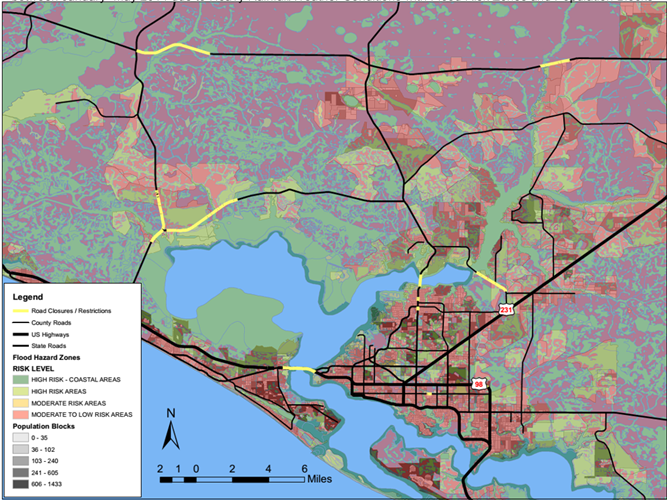
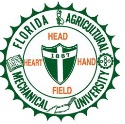
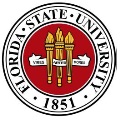 Eren
Erman Ozguven
Eren
Erman OzguvenAssociate Professor
FAMU-FSU College of Engineering
Department of Civil and Environmental Engineering
Emergency Resilience
Over the last
three decades, disasters worldwide claimed more than 3 million lives
and adversely affected the lives of at least 1 billion people. The
Gulf States in the USA, such as Florida, on the other hand, frequently
experience major hurricanes such as the hurricanes Hermine, Irma and
Michael. These hurricanes had devastating effects on the infrastructure
and they disrupted every aspect of daily life in the regions they hit.
Our research, therefore, focuses on pinpointing the most vulnerable
locations and developing strategies to reduce hurricane-induced
disruptions, especially due to power outages and roadway closures.
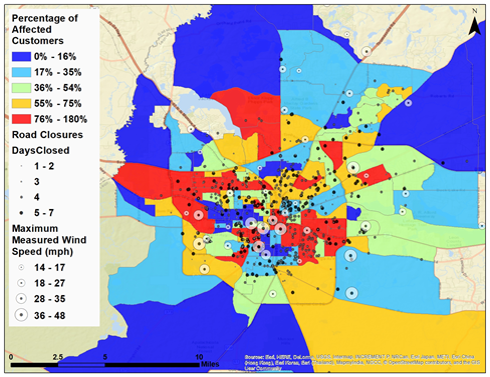
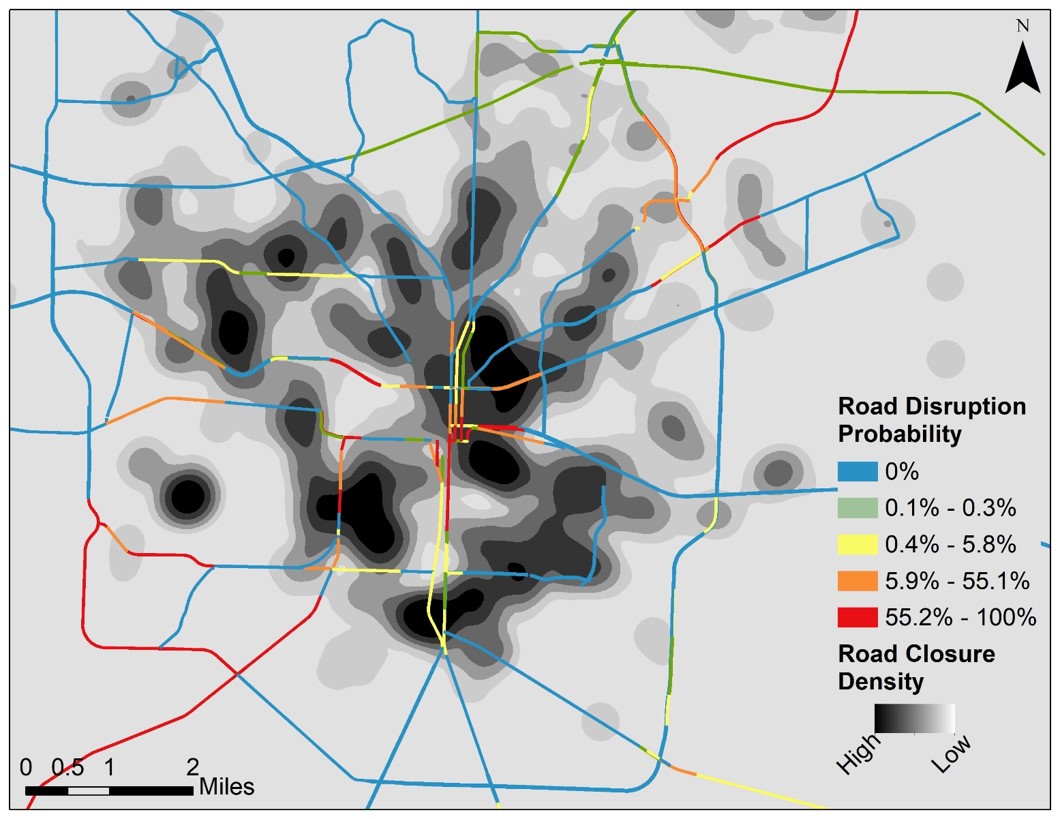
Road Disruption Probabilities in the City of Tallahassee, Florida, Based on the Impact of Fallen Trees.
Kocatepe, A., Ulak, M. B., Kakareko, G., Ozguven, E. E., and Arghandeh, R., "Measuring the Accessibility of Critical Facilities in the Presence of Hurricane-related Roadway Closures and an Approach for Predicting Future Roadway Disruptions", Natural Hazards, Volume 95, Issue 3, pp. 615-635, 2019.

Impact
of Hurricane Hermine on the City of Tallahassee, Florida Showing both
the Percentage of Customers Affected by Power Outages and Roadway Closures.
Ulak, M. B., Kocatepe, A., Sriram, L. M. K., Ozguven, E. E., and Arghandeh, R., "Assessment of the Hurricane-induced Power Outages from a Demographic, Socioeconomic and Transportation Perspective", Natural Hazards, Volume 92, Issue 3, pp. 1489-1508, 2018.
Ulak, M. B., Kocatepe, A., Sriram, L. M. K., Ozguven, E. E., and Arghandeh, R., "Assessment of the Hurricane-induced Power Outages from a Demographic, Socioeconomic and Transportation Perspective", Natural Hazards, Volume 92, Issue 3, pp. 1489-1508, 2018.

Road Disruption Probabilities in the City of Tallahassee, Florida, Based on the Impact of Fallen Trees.
Kocatepe, A., Ulak, M. B., Kakareko, G., Ozguven, E. E., and Arghandeh, R., "Measuring the Accessibility of Critical Facilities in the Presence of Hurricane-related Roadway Closures and an Approach for Predicting Future Roadway Disruptions", Natural Hazards, Volume 95, Issue 3, pp. 615-635, 2019.
News
More...
More...
More...
More...
More...
More...
NSF Website...
Project Website...
Resilient Infrastructure and Disaster Response (RIDER) Center is established
New RIDER Center will serve as a technology hub for resilience and disaster research. The center aims to establish and develop emergency plans that fit the needs of both urban and rural communities.More...
New National Science Foundation Project: SCC-CIVIC: Rural Resiliency Hubs
The goal of this project is to study and evaluate the role of rural libraries as resiliency hubs with a focus on the interactions between community actors, population needs, environment, information, and infrastructure to foster disaster resilience in communities.More...
New National Science Foundation Project: Excellence in Research: Bending the Curve for Vulnerable Populations
This project takes a community-engaged, multi-disciplinary approach to address the pressing research problems for concurrently occuring hurricanes and pandemics, with a focus on the challenges facing vulnerable populations.More...
National Science Foundation Project: Cope-RCN: Resilient Rural Infrastructure
The objective of this project is to explore how to achieve adaptive capacity and resilience for Gulf coastal communities, which has the potential to extend to other rural communities in the U.S., and to foster a new understanding of the complex interactions among the key elements of community resilience in rural coastline areas.More...
Article in the Conversation: How Rural Areas Like Florida's Panhandle Can Become More Hurricane-ready?
It is extremely challenging to prepare for very fast Category 5 hurricanes like Hurricane Michael. But proactive planning and community-level decision making can ensure that no one is left without assistance.More...
National Science Foundation Project: Excellence in Research: Integrated Hazard and Traffic Modeling for Massive Evacuation in Florida under Uncertainty of Hurricane Track
This project integrates coastal hazard modeling with comprehensive evacuation modeling while considering the uncertainty of hurricane track. With the integration of these models and the capability to examine the interdependencies of the critical infrastructure, better dynamic evacuation models can be produced.More...
National Science Foundation Project: SCC-RCN: One Bridge at a Time: Bridging the Digital Divide for the Well-Being of Aging Populations in Smart and Connected Communities
The objective of this project is to develop a collaborative, multidisciplinary research platform and to study the relationship between Smart and Connected Communities (S&CC) and the built environment (e.g., varying urban densities and demographics), centered on creating S&CC that incorporate the aging population to improve the wellfare of growing aging population in the U.S.NSF Website...
Project Website...